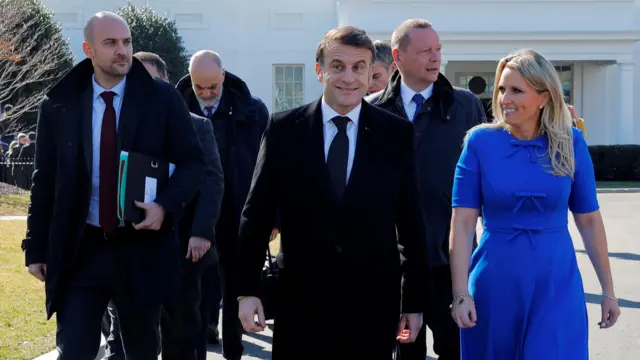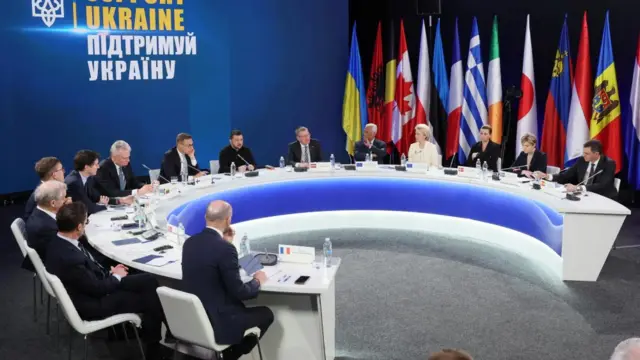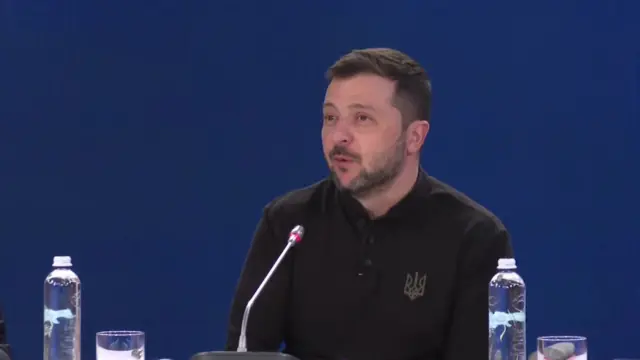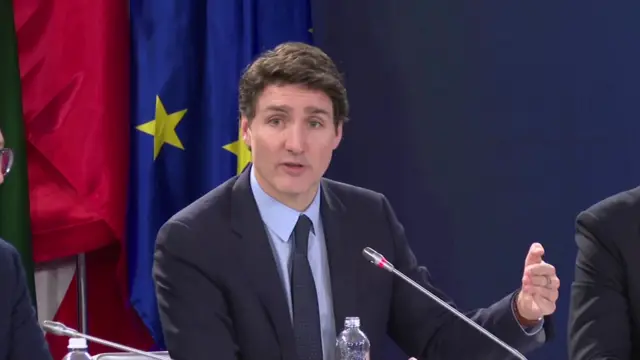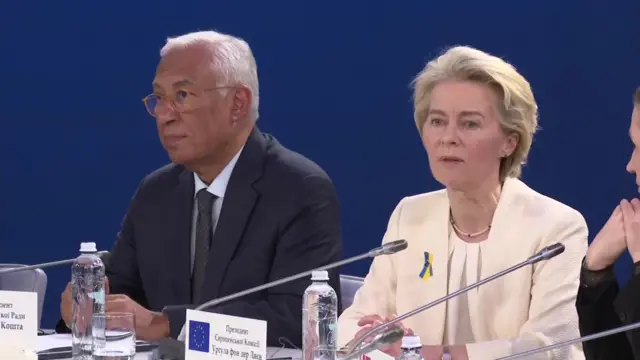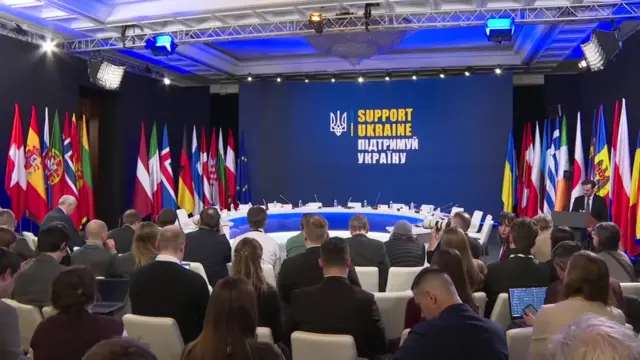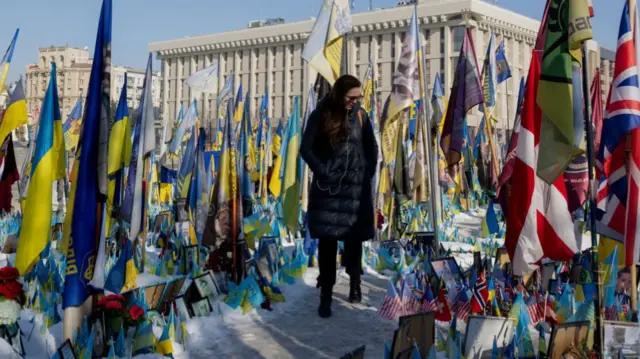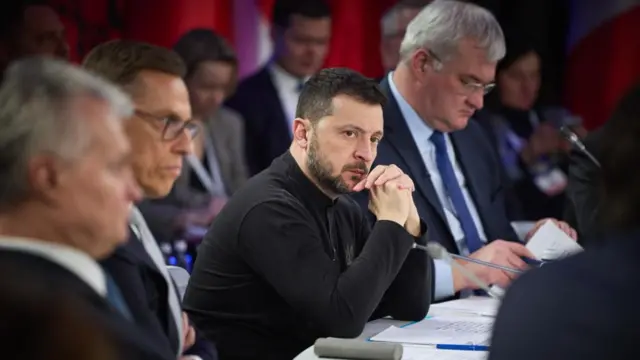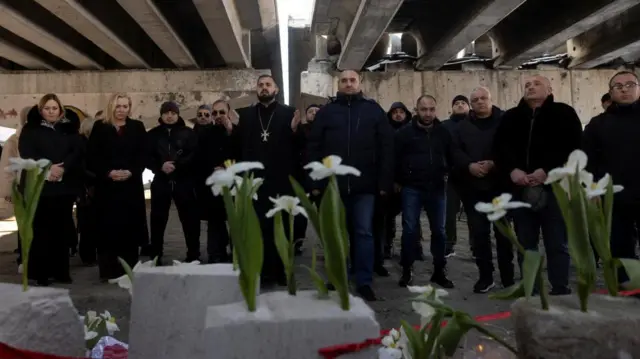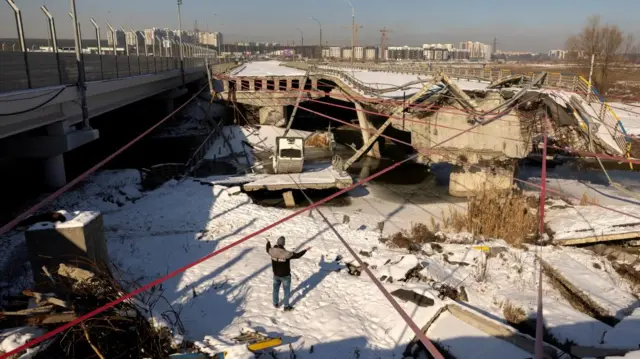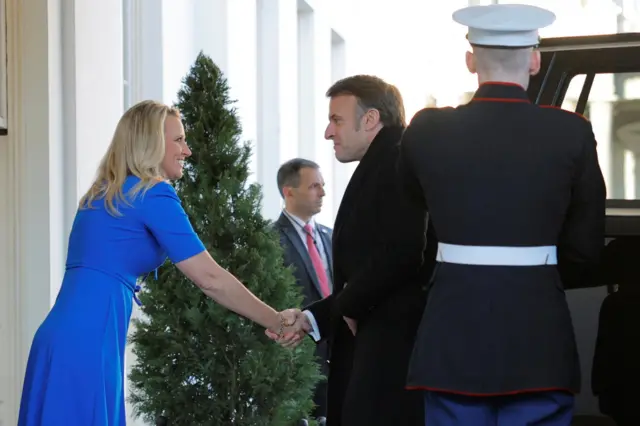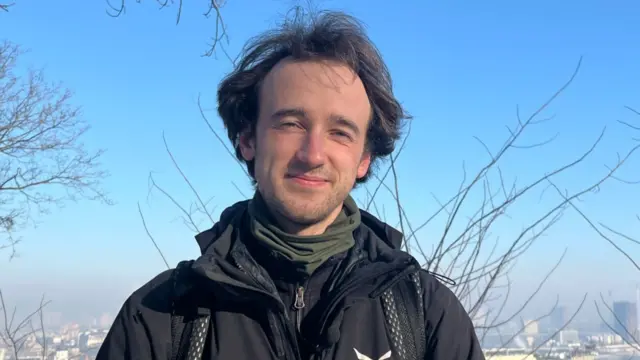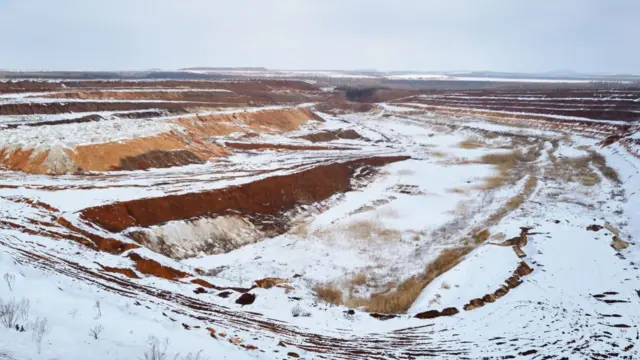How much of Ukraine's mineral wealth is the US after?published at 16:46 GMT 24 February
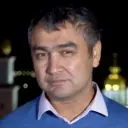 Abdujalil Abdurasulov
Abdujalil Abdurasulov
Reporting from Kyiv
Earlier, we looked at what we do and don't know about the US-Ukraine negotiations on a potential minerals deal.
We're going to take a close look now at what was said to be in the first draft of the deal.
Last Wednesday, Ukrainian President Volodymyr Zelensky rejected US demands for a reported 50% share of its rare earth minerals - which Trump said would reflect the amount of aid the US had provided to Ukraine during its war with Russia.
"I can't sell our state," the Ukrainian leader said.
The provisions of a second draft of the deal on Sunday appeared to be even tougher than in the first document.
Instead of 50/50 revenue split, the revised draft suggested the US wanted full control, Zelensky told journalists at a press conference on Sunday.
Zelensky is also said to want any deal to include security guarantees.

